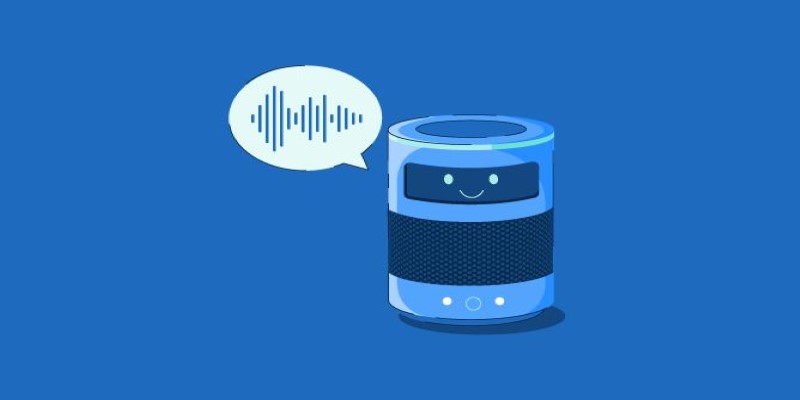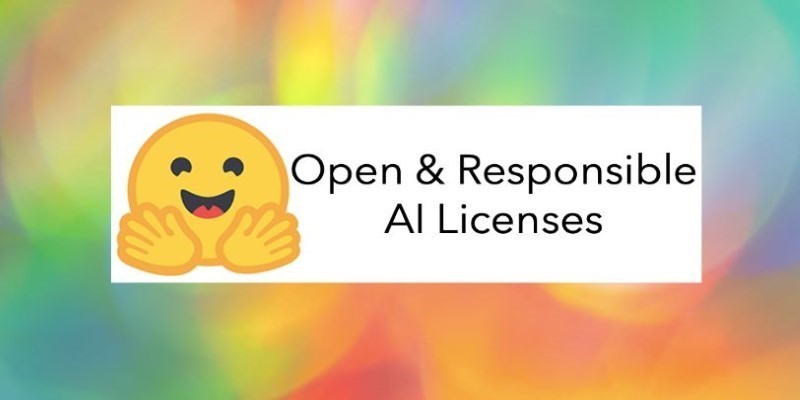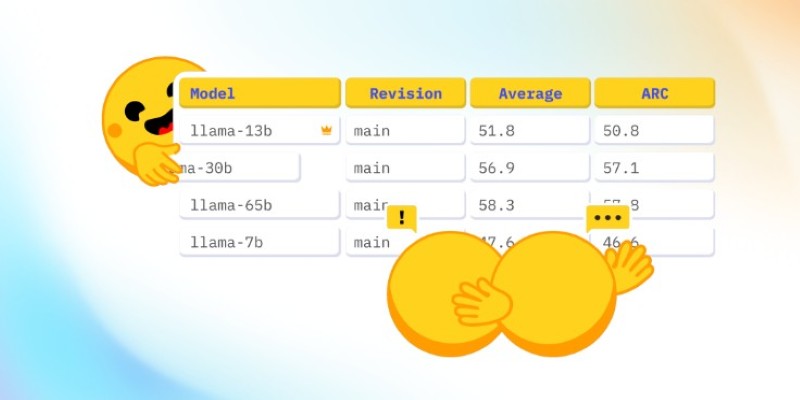Advertisement
Some people instinctively say “please” or “thank you” when asking Siri to send a text or ChatGPT to explain something. Others bark commands without a second thought. These systems don’t have feelings or expectations—they’re tools, not people. Still, the way we speak to AI isn't meaningless. Our tone, phrasing, and attitude can influence our mindset, especially when interaction with AI becomes part of daily life. The question isn’t really about what the AI needs. It’s about what kind of habits we’re building for ourselves and for future generations in a world where speaking to machines is normal.
Digital assistants like ChatGPT, Alexa, and Siri don't care how you speak to them. They don't process emotion, feel insulted, or recognize kindness. Their responses are shaped by algorithms that don't depend on politeness. Whether you shout or whisper, say "please" or not, you'll still get the same result, at least for now.
But this doesn’t mean your tone is irrelevant. When people use polite language with AI, it reflects how they view communication overall. Language habits don’t stay confined to one area. If someone constantly speaks with aggression—even to a device—it can shape how they talk elsewhere. For many, politeness isn’t about pleasing the assistant; it’s about preserving a way of interacting that’s based on respect and patience, no matter the context.
This gets more complex when machines mimic people. Voice assistants have names, personalities, and human-like responses. That makes them feel more conversational, which can blur the boundary between tool and companion. Speaking politely to an interface may seem unnecessary, but for some, it reinforces a mental distinction: treating the system as a helper, not just a button.
Parents often worry that kids who grow up commanding machines may pick up dismissive or controlling habits. When children regularly say things like “Turn it off now” to Alexa or Siri without any softening, it can affect how they think about communication in general.

This concern has led some families to encourage children to speak respectfully to devices. Google even added features to reward polite phrasing in its Assistant. Not because the machine prefers it, but because these interactions become part of how kids learn what’s acceptable.
Unlike pressing a light switch, talking to AI mimics human dialogue. Children might not fully understand the difference between a voice assistant and a real person, especially when the voice sounds friendly and responsive. That's why some educators and parents see value in reinforcing good manners during these moments. The goal isn't to teach empathy toward software, but to promote a consistent tone of respect across all types of interaction, real or simulated.
Today, AI assistants generally respond the same way no matter how you speak to them. However, some systems are being trained to adapt based on user tone and phrasing. While they don't feel anything, they can be programmed to react differently to friendly language or aggressive commands.
For example, a chatbot might give more engaging or patient replies to users who are calm and polite. In customer service environments, this kind of sentiment detection is already being used to create smoother interactions. In the future, personal assistants may take similar approaches, not out of emotional response, but to keep conversations functional and pleasant.
Still, you don't have to be polite. The machine won't remember if you weren't. However, repeated interaction styles can influence how you approach requests in other areas of life. For people who spend a lot of time with AI assistants, these habits could carry over into human communication more than they realize. That's where tone becomes less about the machine and more about the person speaking.
AI use is becoming routine. People ask assistants to set alarms, summarize emails, play music, or generate ideas. This repeated interaction slowly shapes broader communication norms. When we use voice assistants daily, the way we speak to them can start to feel natural even outside those interactions.

Some experts worry that a generation raised with command-based language might begin to treat other people the same way, especially in service roles. The fear is that machines could normalize abrupt, transactional speech patterns. Others believe that adding warmth and politeness to machine interactions can help preserve civility in an increasingly automated world.
Then there's the emotional side. As AI becomes more conversational and lifelike, people may develop emotional attachments to their assistants. This can make conversations feel more personal, even if logically we know the system isn’t sentient. In that context, being polite isn’t just about manners—it becomes a way to maintain a healthy mental boundary between human relationships and artificial ones.
Ultimately, how we talk to machines reflects how we view them. If we see them as helpful tools, we might speak with brief, direct language. If we begin to see them as conversational partners, our tone may soften. Either way, those choices are social more than technical. They speak to how we understand control, cooperation, and respect in an increasingly digital world.
Politeness isn’t required when talking to ChatGPT, Alexa, or Siri. They don’t recognize tone, don't feel offended, and don't remember how you spoke. But the way we use language matters to us. It shapes how we think, how we interact with others, and what we expect from everyday communication. Whether you're a parent modeling respectful speech, a designer building user interfaces, or just someone using AI regularly, the decision to speak with courtesy, while unnecessary for the machine, can have lasting effects on human behavior. You don't have to say "please," but choosing to might help keep our habits human.
Advertisement

Explore the journey from GPT-1 to GPT-4. Learn how OpenAI’s lan-guage models evolved, what sets each version apart, and how these changes shaped today’s AI tools

Is ChatGPT a threat to search engines, or is it simply changing how we look for answers? Explore how AI is reshaping online search behavior and what that means for traditional engines like Google and Bing

What is the AI alignment control problem, and why does it matter? Learn how AI safety, machine learning ethics, and the future of superintelligent systems all depend on solving this growing issue

OpenRAIL introduces a new standard in AI development by combining open access with responsible use. Explore how this licensing framework supports ethical and transparent model sharing

How to enable ChatGPT's new beta web browsing and plugins features using the ChatGPT beta settings. This guide walks you through each step to unlock real-time web search and plugin tools

From the legal power of emojis to the growing threat of cyberattacks like the Activision hack, and the job impact of ChatGPT AI, this article breaks down how digital change is reshaping real-world consequences

Discover 8 legitimate ways to make money using ChatGPT, from freelance writing to email marketing campaigns. Learn how to leverage AI to boost your income with these practical side gigs

Can AI finally speak your language fluently? Aya Expanse is reshaping how multilingual access is built into modern language models—without English at the center

How CO₂ emissions and models performance intersect through data from the Open LLM Leaderboard. Learn how efficiency and sustainability influence modern AI development

Is it necessary to be polite to AI like ChatGPT, Siri, or Alexa? Explore how language habits with voice assistants can influence our communication style, especially with kids and frequent AI users

Can ChatGPT be used by cybercriminals to hack your bank or PC? This article explores the real risks of AI misuse, phishing, and social engineering using ChatGPT

Start learning natural language processing (NLP) with easy steps, key tools, and beginner projects to build your skills fast